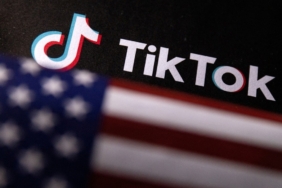On Friday, Meta, the parent company of Facebook, announced the launch of several new artificial intelligence models from its research division. Among these is a “Self-Taught Evaluator,” which could potentially reduce the need for human oversight in the AI development process.
This release follows an August paper where Meta first introduced the evaluator. The paper explained that the model utilizes a “chain of thought” approach similar to the techniques employed by OpenAI’s recently released AI models. This method helps the evaluator make more accurate assessments of other models’ responses by breaking down complex problems into smaller, logical steps.
Meta’s researchers trained the evaluator solely using AI-generated data, which removed human involvement from the training phase entirely.
The capability of AI systems to assess AI performance shows promise for the development of autonomous agents that can learn from their own mistakes, according to two researchers from Meta who spoke with Reuters.
There is a growing vision within the AI community for such agents to function as intelligent digital assistants, able to perform a wide range of tasks independently of human input.
Self-improving models like these could reduce reliance on the currently employed method known as Reinforcement Learning from Human Feedback. This traditional approach is often costly and relies heavily on human experts to label data accurately and validate complex responses in areas such as math and writing.
“We aspire for AI to become increasingly super-human and better at self-checking its work, therefore surpassing the average human’s capabilities,” noted Jason Weston, a researcher involved in the project.
“The concept of being self-taught and capable of self-evaluation is critical for achieving this super-human level of AI,” he added.
Several other organizations, including Google and Anthropic, have also researched Reinforcement Learning from AI Feedback (RLAIF). However, unlike Meta, these companies often refrain from making their models publicly available.
Additionally, Meta announced the release of other AI tools, including an updated version of its image-identification system called Segment Anything, a tool designed to accelerate response generation times for large language models, and datasets intended to support the discovery of new inorganic materials.
© Thomson Reuters 2024






